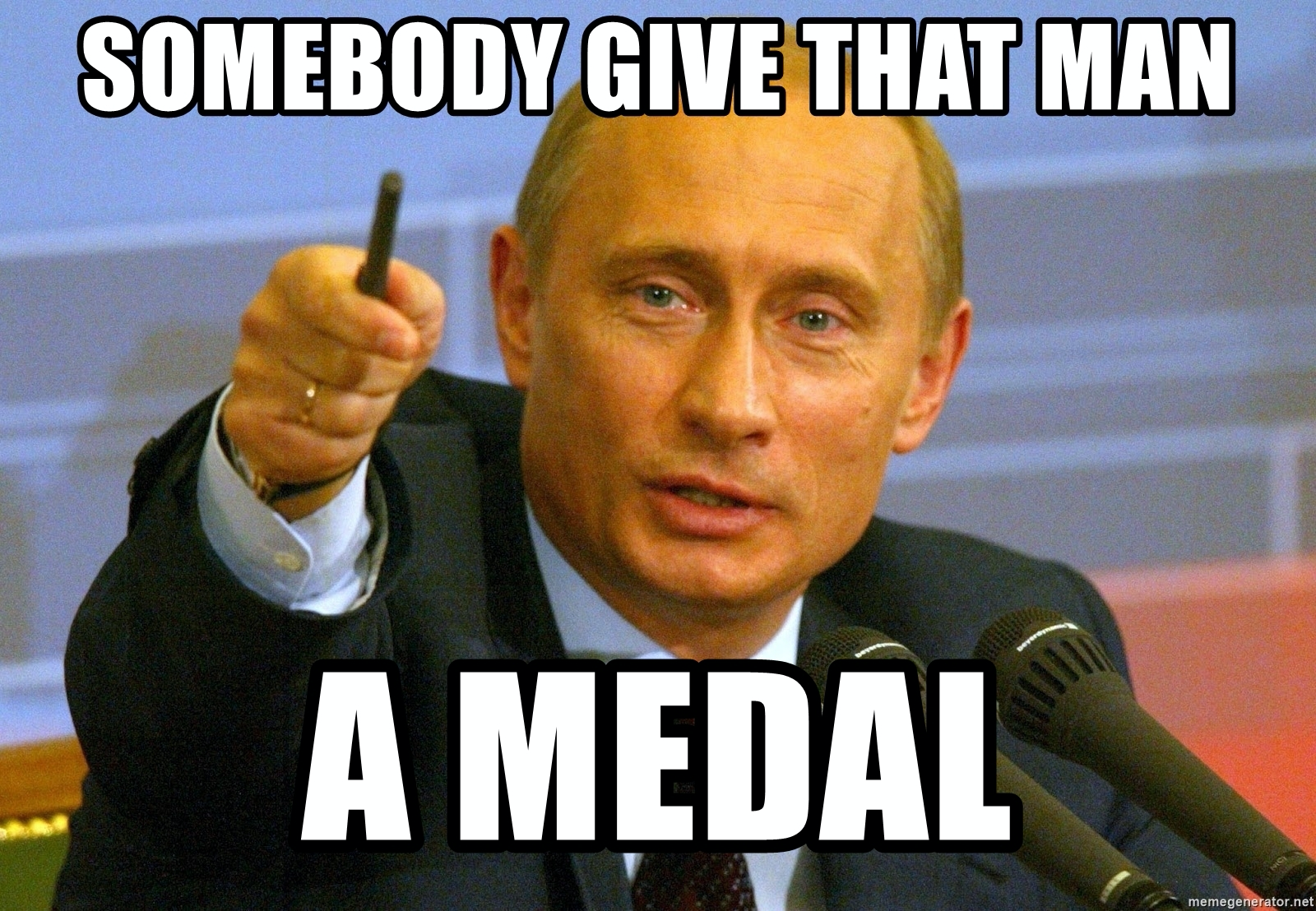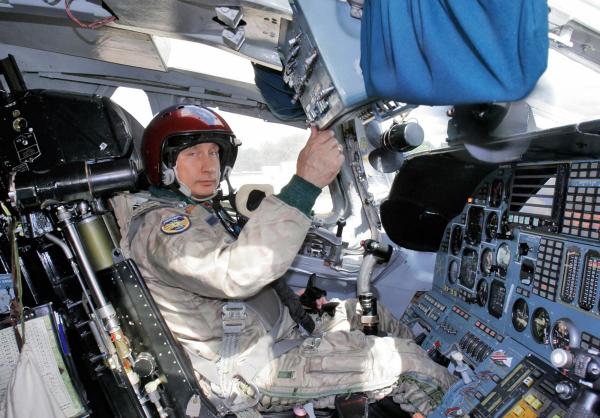Today, Vladimir Putin announced that Russian regulators have approved the world's first coronavirus vaccine. He's so confident in it that he claims that one of his daughters has been vaccinated already. So, who wants to sign up for Putin's vaccine?
Not me. There's a lot that we can't verify, including Putin's claim that his daughter is vaccinated. There is no published data on safety or efficacy for outside scientists to examine. That data won't be available until September. Notably, the vaccine hasn't completed Phase III clinical trials, which constitute the largest and most important phase of testing because the vaccine's safety and efficacy are assessed in thousands of people. (The World Health Organization does not list the Russian vaccine as even being in Phase III.)
 Essentially, Putin is saying, "Trust us." No thanks. Of course, the complete lack of evidence that the vaccine works didn't stop one Russian official from giddily announcing that the vaccine serves as a new "Sputnik moment."
Essentially, Putin is saying, "Trust us." No thanks. Of course, the complete lack of evidence that the vaccine works didn't stop one Russian official from giddily announcing that the vaccine serves as a new "Sputnik moment."
It does not. When the Russians launched the world's first satellite into space, the U.S. was shocked to learn that a bunch of communists were beating us in technology. That is manifestly not the case today. According to thinkBiotech, the U.S. is far and away the #1 country in the world for biotechnology. Russia ranks 44th. The reasons range from intellectual property protection and education to financing and political stability.
Why We Don't Rush Vaccines
Being the first to approve a vaccine will mean absolutely nothing if the jab proves to be ineffective or unsafe. Indeed, vaccines must be rigorously tested for safety. At least three separate incidents from the past explain why.
In 1966, the U.S. tested a vaccine against respiratory syncytial virus (RSV), a bug that normally infects very young children. It went horribly wrong. Not only did the vaccine fail to protect children from RSV, it actually made the disease worse in some kids. Two children died. In this case, the reason for the phenomenon (known as vaccine-enhanced disease) was due to the immune system producing useless antibodies that didn't inactivate the virus.
In the 1970s, a vaccine against swine flu triggered Guillain-Barré syndrome in 450 people. This syndrome is an autoimmune condition in which antibodies cross-react against nerve cells, causing paralysis. In 2012, it was reported that vaccines against the SARS coronavirus enhanced the disease. This is particularly alarming because the virus that causes COVID-19 (called SARS-CoV-2) is closely related to the original SARS.
Is Russia Telling the Truth?
Having said all that, the Russians probably have something. It would be a gigantic geopolitical risk for Vladimir Putin to tout a vaccine only to watch as it backfired spectacularly. So even if the vaccine hasn't yet been tested rigorously for safety, it is highly likely that the Russians legitimately believe that their vaccine at least works.
I just won't be first in line to get it. I'll wait for the American or British ones.




